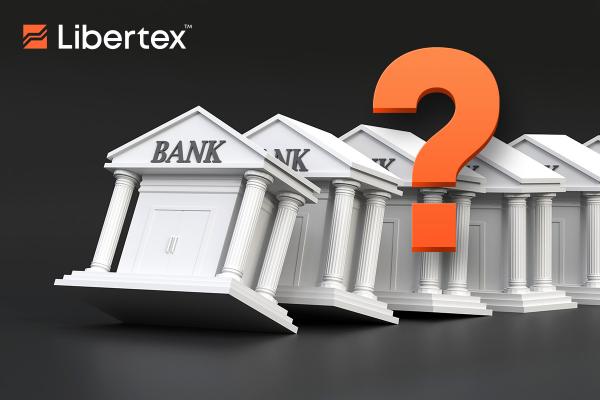A little over a month after UBS's landmark acquisition of Credit Suisse was announced, we are finally seeing the first results of one of the highest-profile mergers and acquisitions in banking history. As part of the deal brokered by Swiss regulators, UBS paid 3 billion Swiss francs ($3.25 billion) for Credit Suisse, around 60% less than the bank was worth when markets closed on Friday, 17 March. Although many of Credit Suisse's shareholders and additional tier-one bondholders were totally wiped out by the takeover agreement, the hope was that it would help protect the historic Swiss institution's whopping $1.7 trillion of assets under management while averting a potentially devastating GFC-esque banking crisis.
It might seem melodramatic at first glance, but we would do well to remember that Credit Suisse ate through nearly 20 times the amount of the agreed purchase fee in the days leading up to the announcement amid daily net withdrawals of around $10 billion. Indeed, even a $54 billion loan from the Swiss National Bank failed to stop the bleeding. But now, as UBS releases its first quarterly results since this 'shotgun' acquisition, many traders and investors are wondering whether the deal is set to achieve its desired aims and, if so, how are the world's markets likely to respond.
So far, so good
It's obviously far too early to tell, but the initial responses from both markets and private wealth have been rather encouraging. Perhaps the most visible positive is the near 10% share price increase we've observed over the past month, demonstrating that investors are confident in UBS's ability to steady the ship and deliver new growth in future years. In its Q1 report, UBS also noted that it has managed to attract $28 billion in new money to its global wealth management unit. While only totalling about half the amount that was lost during the final throes of Credit Suisse's asset management business, it is certainly a step in the right direction.
Of course, it's far from all good news. UBS did underperform significantly compared to analysts' initial predictions, with net profit down 52% to just $1.03 billion amid projections of $1.75 billion. However, it's important to note that these forecasts were made well before the unexpected and somewhat forced takeover of Credit Suisse, which was always going to have a significant negative impact on the bank's bottom line. If this trend continues through to Q4, we could certainly take it as a good sign that a full-scale European banking crisis is now unlikely and inflation is somewhat under control.
Don't bank on it
This most recent banking crisis began with the simultaneous collapse of crypto-friendly lenders Silvergate, Silicon Valley Bank and Signature Bank. Other banks, such as First Republic, were lucky to survive what has since been termed "the first Twitter-fueled bank run". While the Swiss regulator might have expertly managed to avert what would have been a catastrophic failure for European capital, it could've easily gone the other way. Therefore, with many European banks still dangerously undercapitalised, there is every chance that we aren't quite as lucky next time round.
Despite ECB President Christine Lagarde's affirmations that "the euro area banking sector is resilient, with strong capital and liquidity positions" and that "the ECB's policy toolkit is fully equipped to provide liquidity support to the euro area financial system," concern is nevertheless strong among ordinary market participants and economists alike. The biggest worry is that any large-scale programme for rescuing Global Systemically Important Banks (G-SIBS) like Credit Suisse could lead to the creation of behemoths, which, in the words of German economist Hans-Werner Sinn, could turn out to be "too big to bail". Let's not forget that UBS needed its own bailout just 15 years ago, and if such a situation were to arise again in its new enlarged form, even the IMF would struggle to finance it.
Trade stocks and more with Libertex
Libertex is an experienced CFD broker with a long history of providing access to the financial markets for traders and investors in EEA and Switzerland. We offer CFDs with a diverse range of underlying assets, including forex, crypto, commodities, and, of course, stocks. Because Libertex offers both long and short positions in a wide range of instruments, you can potentially benefit from any movements in the markets.
With us, you can trade CFDs of a range of major business and private banks, including BNP Paribas, Citibank, JPMorgan Chase, and Goldman Sachs. For a more conservative and wide-reaching strategy, you could try CFDs in major US- and Europe-based ETFs and Index funds, such as the Vanguard FTSE Europe, the SPDR S&P 500 and the iShares Core US Aggregate Bond ETFs. For more information about trading or investing with Libertex or to create your own account today, visit https://libertex.org/signup






